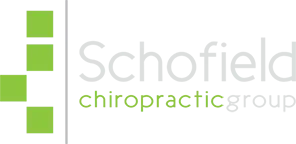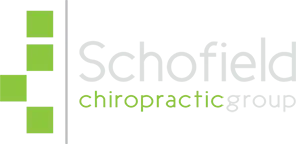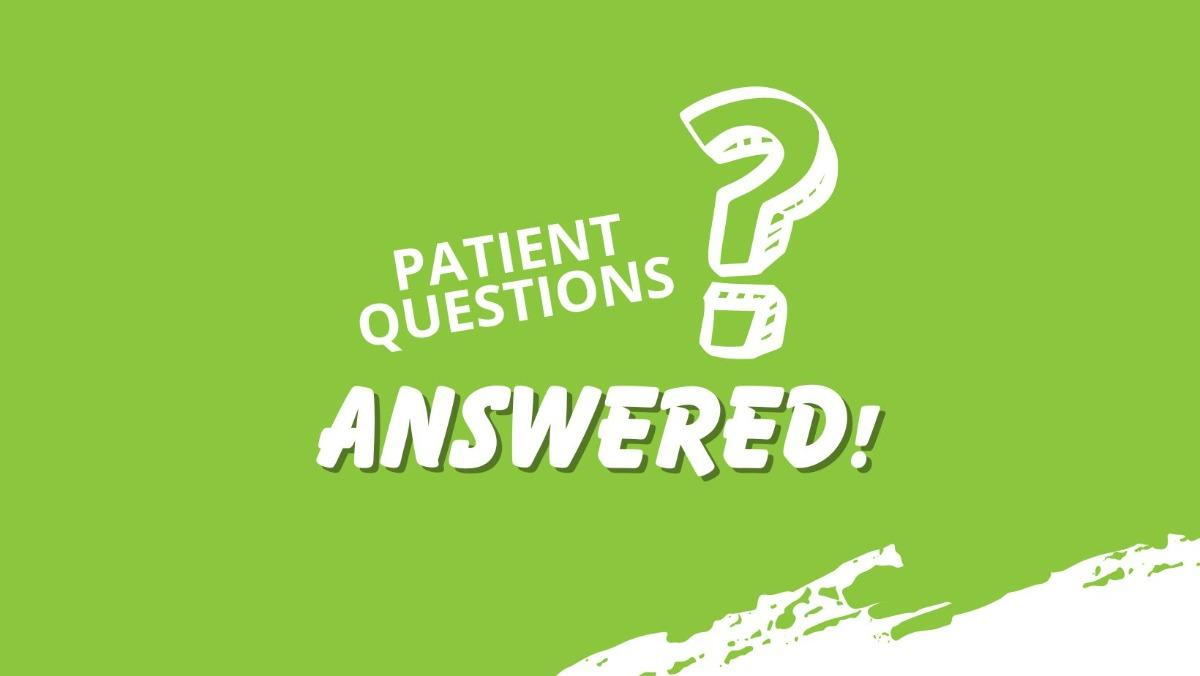
- posted: Jun. 14, 2023
Never feel like a nuisance when you ask your doctor questions! I view it as a way for me to know a patient is engaged and wants to be an active participant in their care. Here are a few of the most commonly asked questions I get as a doctor.
How long until I should expect to feel better?
Healing time is difficult to predict. It depends on many factors including the type of injury or pain, severity of the injury, how quickly you sought care after noticing pain, and your personal history, to name just a few. Over the course of your care plan we expect to see improvement in range of motion, joint motion, better body control, and muscle tension. When your body begins to adapt and maintain these changes over time we expect better use of your body and therefore, less pain and dysfunction. Pain can go away before full healing has taken place. Think about how long a broken arm hurts (thankfully not 4-6 weeks), but you don't take the cast off early just because it stops hurting!
How long should this take to heal?
This can also depend on several factors. To better understand your condition we collect information like “how long have you been dealing with this?, “Have you had similar, or even different issues before?”, and what stage of healing you are in – acute, subacute, or chronic.
When we find out where you are in your journey, it allows us to make better treatment recommendations. Healing times can be estimated based on research but the pain we experience with a particular injury is much less predictable. In general, we expect the pain to improve as the tissue is healing, but we know the pain is often improved earlier than that. This is why we continue your treatment and assess how your body is functioning and not how it’s feeling. By doing this you can regain function and feel good at the same time!
Will I always need to get adjusted?
Teeth, car, house, yard. What is something that all these things have in common? They tend to need maintenance to perform the way they are intended or wanted. Over time, without taking the proper steps to keep things working well, they will stop working as well. Think about how easy it is to find your car keys in a clean house, or when you put them in the same spot day in and day out. Now imagine a messy house and you need to find the keys. It will be more stressful, take longer, and you may be late for something you had really looked forward to. There is no pill or medication that makes your spine move better so getting an adjustment is the next best choice!
What changes should I look for?
- Better range of motion
- Walking better
- Sit/sleep more comfortably
- More ease of motion
- Resting muscle tension/tone
- Better mood/energy/digestion/sleep
- Improving pain
- Ability to do activities more easily or for longer
- Better muscle and movement pattern coordination (feeling balanced)
What are some things I can be doing at home to help me improve faster?
First, understand that healing is an inside job. Our nervous system is dictating the cells responsible for making proteins, breaking down injured tissue, cell growth, and regeneration. You can see this whole process first hand when you cut or scratch your skin. Just like with a cut there are things you can do to help you heal faster and more fully. Essentially, give your body the best environment to heal. If you are struggling to “turn the corner”, try increasing your water intake, sun exposure, and daily activity can help aid in your healing by giving your body the natural fuel it needs. On the flip side, there are things you can stop doing that will help your body heal like smoking, painful postures or activities, and high sugar/carbohydrate diets.
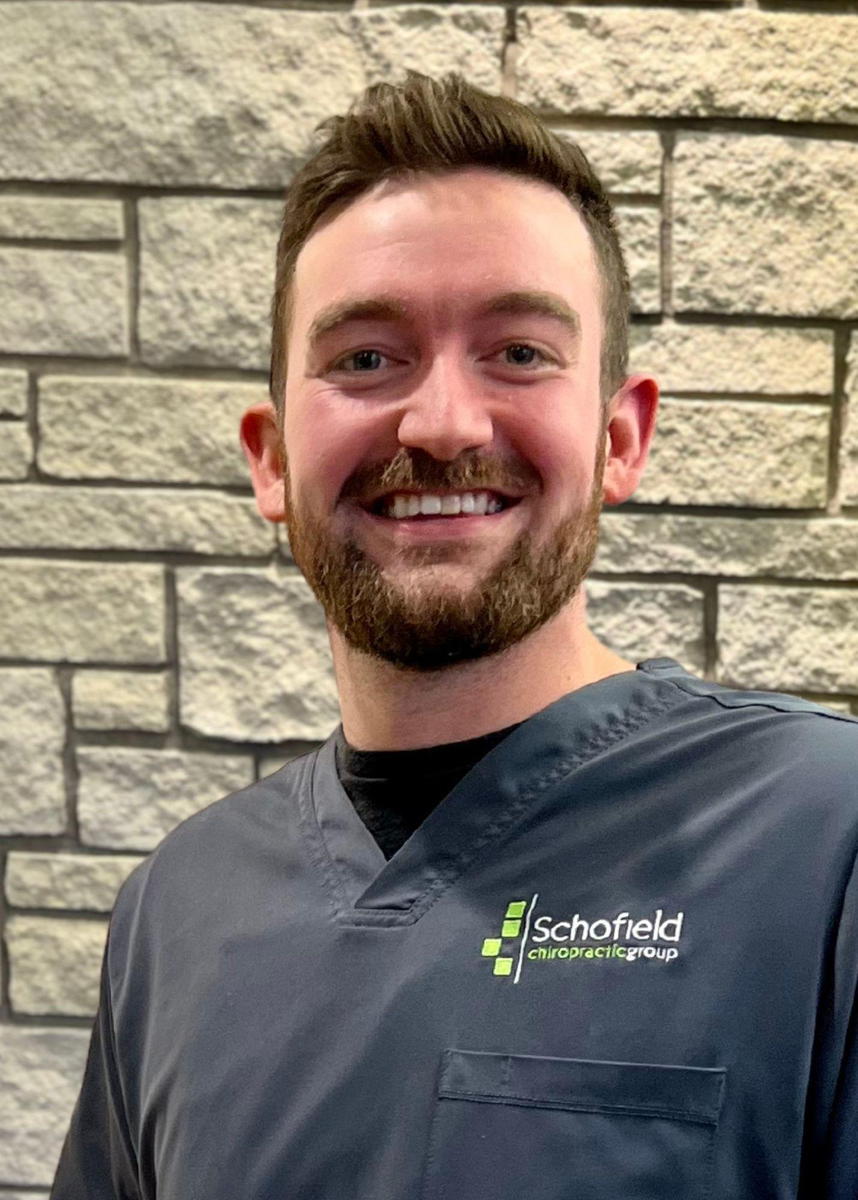
Dr. Conrad Bush is a graduate of Palmer College of Chiropractic. He has special interests in weight loss, biomechanics, extremities, and sports rehab. He is currently working toward certification in Active Release Technique, which focuses on treating the soft tissue system of the body.

- posted: Jun. 14, 2023
Never feel like a nuisance when you ask your doctor questions! I view it as a way for me to know a patient is engaged and wants to be an active participant in their care. Here are a few of the most commonly asked questions I get as a doctor.
How long until I should expect to feel better?
Healing time is difficult to predict. It depends on many factors including the type of injury or pain, severity of the injury, how quickly you sought care after noticing pain, and your personal history, to name just a few. Over the course of your care plan we expect to see improvement in range of motion, joint motion, better body control, and muscle tension. When your body begins to adapt and maintain these changes over time we expect better use of your body and therefore, less pain and dysfunction. Pain can go away before full healing has taken place. Think about how long a broken arm hurts (thankfully not 4-6 weeks), but you don't take the cast off early just because it stops hurting!
How long should this take to heal?
This can also depend on several factors. To better understand your condition we collect information like “how long have you been dealing with this?, “Have you had similar, or even different issues before?”, and what stage of healing you are in – acute, subacute, or chronic.
When we find out where you are in your journey, it allows us to make better treatment recommendations. Healing times can be estimated based on research but the pain we experience with a particular injury is much less predictable. In general, we expect the pain to improve as the tissue is healing, but we know the pain is often improved earlier than that. This is why we continue your treatment and assess how your body is functioning and not how it’s feeling. By doing this you can regain function and feel good at the same time!
Will I always need to get adjusted?
Teeth, car, house, yard. What is something that all these things have in common? They tend to need maintenance to perform the way they are intended or wanted. Over time, without taking the proper steps to keep things working well, they will stop working as well. Think about how easy it is to find your car keys in a clean house, or when you put them in the same spot day in and day out. Now imagine a messy house and you need to find the keys. It will be more stressful, take longer, and you may be late for something you had really looked forward to. There is no pill or medication that makes your spine move better so getting an adjustment is the next best choice!
What changes should I look for?
- Better range of motion
- Walking better
- Sit/sleep more comfortably
- More ease of motion
- Resting muscle tension/tone
- Better mood/energy/digestion/sleep
- Improving pain
- Ability to do activities more easily or for longer
- Better muscle and movement pattern coordination (feeling balanced)
What are some things I can be doing at home to help me improve faster?
First, understand that healing is an inside job. Our nervous system is dictating the cells responsible for making proteins, breaking down injured tissue, cell growth, and regeneration. You can see this whole process first hand when you cut or scratch your skin. Just like with a cut there are things you can do to help you heal faster and more fully. Essentially, give your body the best environment to heal. If you are struggling to “turn the corner”, try increasing your water intake, sun exposure, and daily activity can help aid in your healing by giving your body the natural fuel it needs. On the flip side, there are things you can stop doing that will help your body heal like smoking, painful postures or activities, and high sugar/carbohydrate diets.

Dr. Conrad Bush is a graduate of Palmer College of Chiropractic. He has special interests in weight loss, biomechanics, extremities, and sports rehab. He is currently working toward certification in Active Release Technique, which focuses on treating the soft tissue system of the body.
Hours of Operation
8:00 am - 5:00 pm
8:00 am - 5:00 pm
8:00 am - 5:00 pm
8:00 am - 5:00 pm
8:00 am - 5:00 pm
Closed
Closed
